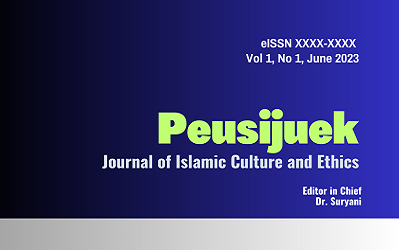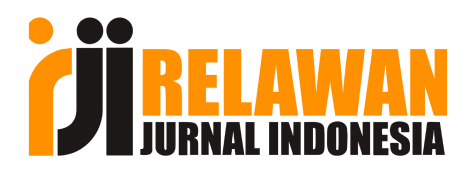Peran wakaf produktif dalam menopang ekonomi rumah tangga di masa pandemi COVID-19
Abstract
This research was conducted at the Ats-Tsauroh Serang Grand Mosque Foundation, aiming to find out how waqf land that is managed as a productive business aspect can be beneficial for the benefit of the general public through economic empowerment, especially for business actors selling on waqf land during the Covid-19 pandemic. This study uses a descriptive qualitative research method with data collection techniques in the form of observation, interviews, and documentation techniques. The data results are analyzed using the Miles and Huberman data models. The results of this study indicate that the Nazhir Foundation has managed waqf land in the Ats-Tsauroh Great Mosque productively and utilized it for the benefit of the general public. Waqf land at the Ats-Tsauroh Serang Grand Mosque has so far played a role in supporting the economic growth of business actors through productive waqf management, such as using it as land for trading activities so that business actors still generate income to meet their household needs during the covid pandemic -19.
Public interest statement
This study provides insight into examples of waqf management applications, incredibly productive waqf, which can be helpful for the surrounding community's economy.

Copyright (c) 2023 Vieka Fakihatul Bahriah, Fitri Raya

This work is licensed under a Creative Commons Attribution-ShareAlike 4.0 International License.







